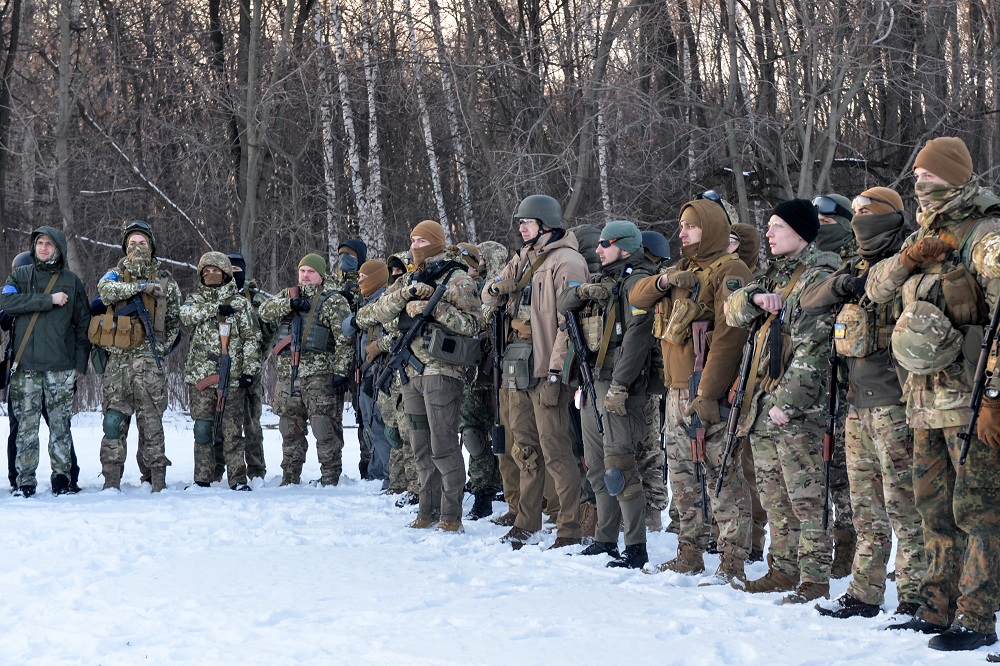
- ARAB NEWS
- 02 Jul 2025

Khaldon Azhari
TOKYO: Japan’s Public Security Intelligence Agency removed the Ukrainian ultra-right, neo-Nazi Azov Battalion, which has been fighting the Russian-backed groups since 2014, from its International Terrorism Guide 2021 and apologized for having it on the list.
“We are writing to inform you that we have decided to delete the information (on Azov Battalion) from the International Terrorism Guide 2021 on the agency’s website to prevent the spread of (misinformation),” the agency on April 8, said in an update on its website.
“It is regrettable that such misinformation has been spread in some cases…The Public Security Intelligence Agency doesn’t recognize the Azov Regiment as a neo-Nazi organization.”
The agency further justified its knee-jerk change of position on its “International Terrorism Guide” by saying its previous position on Azov was based on a compilation of public information collected from various domestic and foreign reports and that it didn’t add its assessment, nor did it recognize the Azov Battalion as a neo-Nazi organization.
Azov Battalion was reportedly established as a military infantry unit made up of volunteers belonging to the far-right, neo-Nazi groups active in Ukraine. In November 2014, Azov recaptured the strategic port city of Mariupol from the pro-Russian groups.
Russian President Vladimir Putin said the “special military operation” against Ukraine has been to carry out, among other goals, the “denazification” of Ukraine, indirectly referring to Azov.
Some human rights organizations, such as the Office of the UN High Commissioner for Human Rights and Amnesty International, accused Azov of human rights violations.